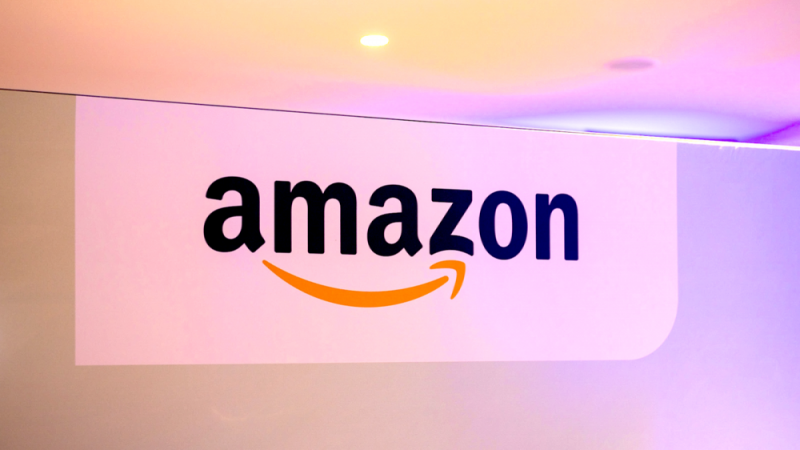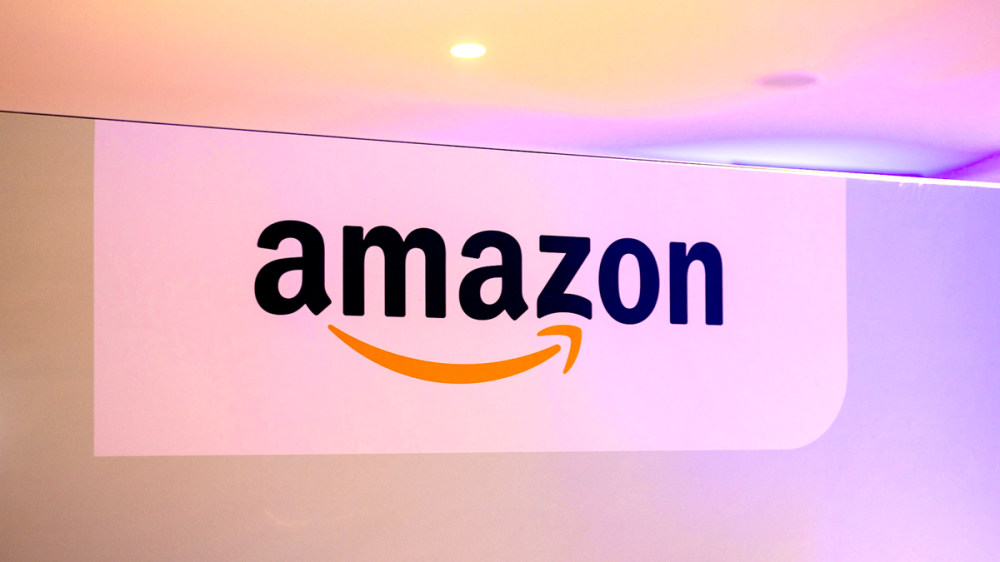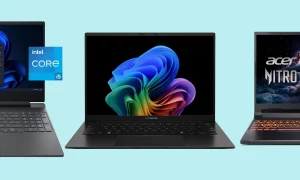Amazon Will Rival SpaceX as a Satellite Internet Company


Thanks to new FCC approval, Amazon is set to deploy 3,236 Project Kuiper broadband satellites into orbit. The company hopes to build a satellite internet service similar to that of SpaceX’s Starlink, though it may take several years to get the ball rolling.
The FCC initially greenlit Project Kuiper in 2020. But it requested that Amazon receive regulatory approval for an updated orbital debris mitigation plan. That’s where we are today—the FCC slapped a rubber stamp on the new debris mitigation plan, and Amazon can go forward with Project Kuiper.
Amazon is now working with Blue Origin, ULA, and Arianespace to launch the first Project Kuiper prototypes. But mass production needs to start soon. The FCC states that Amazon must have 1,600 satellites in space by mid-2026. Otherwise, the regulatory grant will be reviewed and may be withdrawn.
Additionally, Amazon must submit semi-annual progress reports to the FCC. And Amazon has to follow its debris mitigation plan, as the FCC requires that Project Kuiper satellites are decommissioned and deorbited after seven years in space. (The FCC wants to limit “space junk,” which poses a risk to the ISS and future space missions.)
This project costs tens of billions of dollars. So, failure is not part of Amazon’s plan. We believe that the company will offer satellite internet in the coming years, providing an alternative to SpaceX’s Starlink. (Though the companies will probably argue over satellite broadband implementation, as they have in the past.)
Satellite internet isn’t the best option for those living in urban or suburban areas. It’s simply too expensive. That said, it’s a huge step forward for rural internet access, especially in under-served areas outside the United States. As a competitor to Starlink, Amazon will help expand satellite internet access and encourage competition, which may lead to lower prices.
Source: FCC via Engadget










